The environmental change, adaptation and resilience challenge area seeks to reduce the vulnerability of social human infrastructure and biological systems to relatively sudden change. This requires us to understand our natural environment, anthropogenic interaction with the subsurface and environmental response, and to model associated change. To do this we will continue to research our groundwater, sea floor, coasts, soils and landscapes, and urban infrastructural interactions with the subsurface.
It is likely that climate change will continue to be a major societal problem and its effects will last many years, and adaptation will be necessary. Adaptation is especially important in developing countries since they are likely to bear the brunt of the effects of global warming. This challenge area aims to help with societal needs and protect our environment; our research is underpinned by excellent laboratories and science capabilities for the delivery of evidence-based science.
Find out more about our research

Sea floor: marine geoscience
Providing independent and expert geological advice, research and data acquisition to anyone working in the marine environment.

Sea floor: scientific ocean drilling
Implementing several high profile expeditions for the European Consortium for Ocean Research Drilling (ECORD).

Urban geoscience
Providing solutions for urban land-use planning and sustainable development.
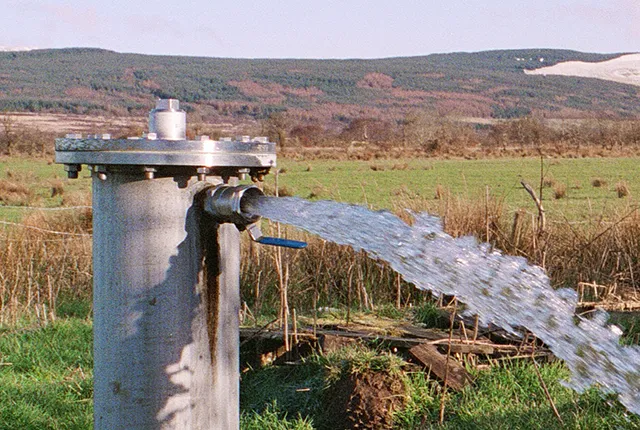
Groundwater research
Addressing issues related to the sustainability of water resources and quality, and the effects of environmental change on the water cycle, natural hazards, and human health.
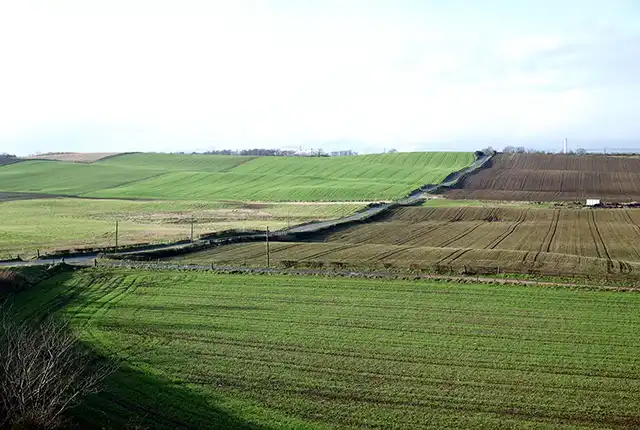
Soils and landscapes
Understanding soil structure and soil and moisture dynamics in UK and African soils and the effects of increasing human populations, changing climates and the intensification in the use of our soils.

Environmental modelling
Advancing the understanding of environmental systems through innovative modelling techniques and interdisciplinary research.
Our facilities
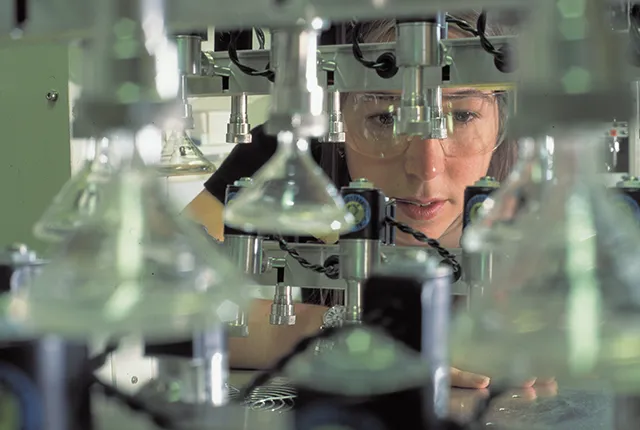
Centre for Environmental Geochemistry
Focusing on the use of geochemistry in research, training and teaching.

Stable Isotope Facility
Generating stable isotope data, specialising in climate, environmental and archaeological studies.

Inorganic Geochemistry Facility
Providing high-quality analytical expertise and specialist services for the production and geochemical interpretation of inorganic data.

Organic Geochemistry Facility
Specialising in organic geochemical measurements at the bulk and molecular level in complex matrices, like rock, sediment, soil and water.

Soil Physics Facility
Providing a range of soil physical measurement services as well as complementary analyses to describe the degree to which soil organic matter is decomposed.

Aquifer Properties Facility
Undertaking specialised core characterisation on drillcore and rock chippings from borehole samples for a wide range of hydrogeological purposes.

Dissolved Gases and Tracers Facility
Utilising a wide range of environmental agents, equipment and capabilities for groundwater dating and tracing.
Our core challenge areas
Need more information?
Related news

Carbon and oxygen isotope analysis of carbonates and the development of new reference materials
18/12/2024
Dr Charlotte Hipkiss and Kotryna Savickaite explore the importance of standard analysis when testing carbon and oxygen samples.
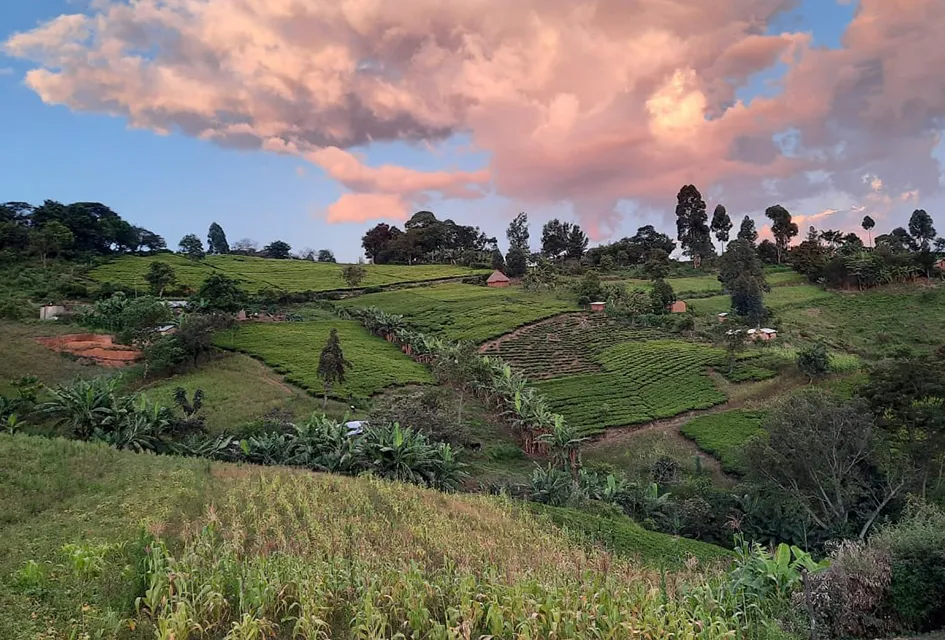
Dynamics of land-to-lake transfers in the Lake Victoria Basin
09/12/2024
In June 2024, a UK/Kenya research team shared research findings from a collaborative, four-year field and experimental programme within Kenya.
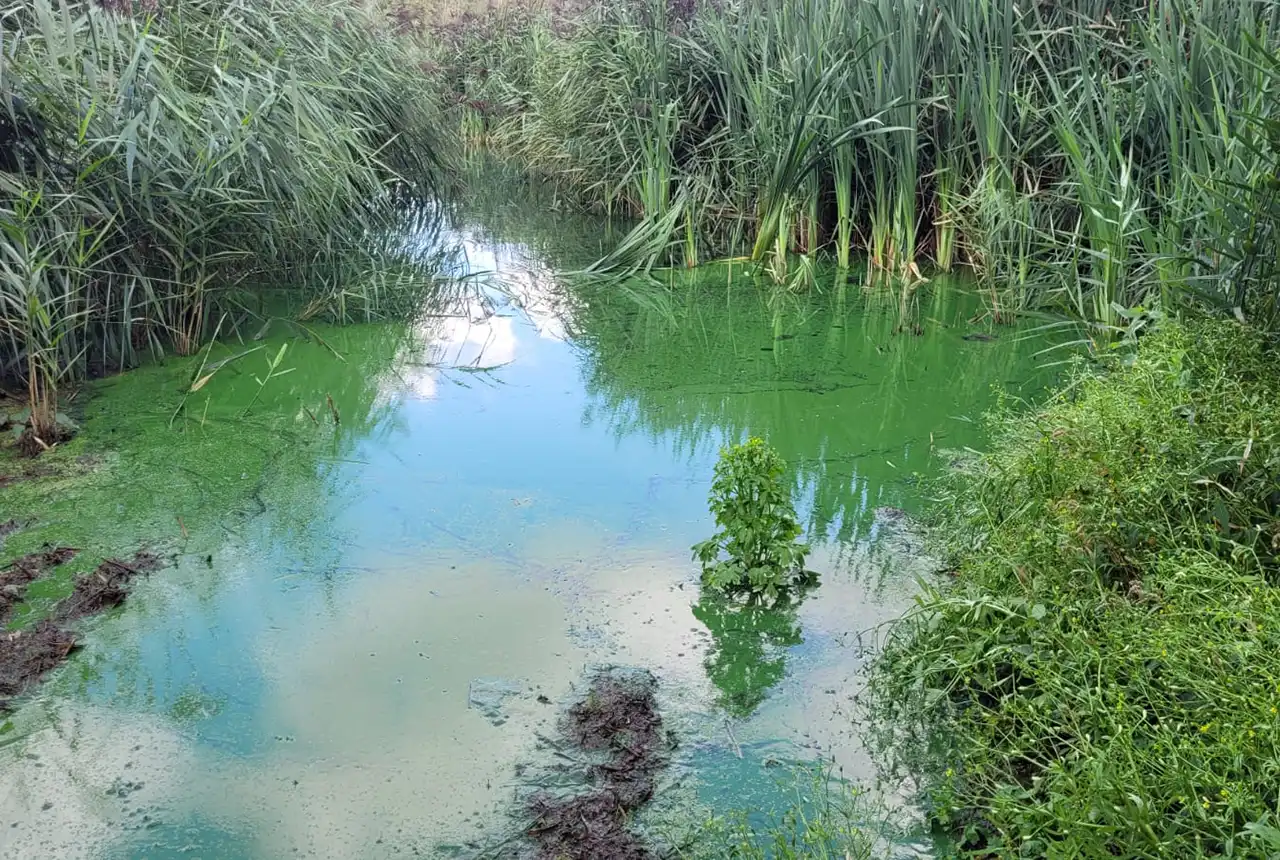
Studying oxygen isotopes in sediments from Rutland Water Nature Reserve
20/11/2024
Chris Bengt visited Rutland Water as part of a project to determine human impact and environmental change in lake sediments.

How can Scotland re-establish its building stone industry?
14/11/2024
British Geological Survey research, commissioned by Historic Environment Scotland, reveals an opportunity to re-establish the Scottish building stone market in order to maintain the country’s historic buildings.
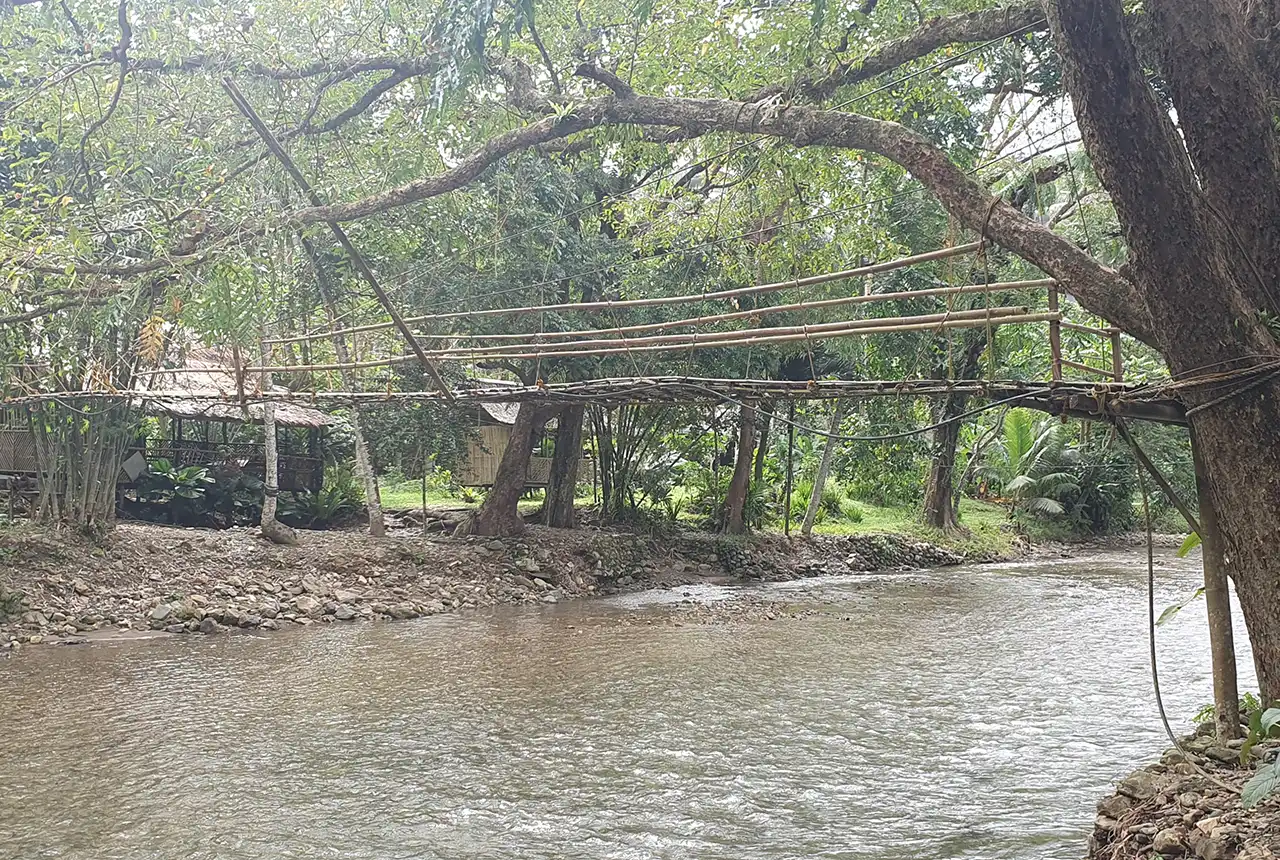
UK–Philippine partnership to help tackle the challenges of future water security in the Philippines
07/11/2024
New ‘hydrological hub’ to foster research and provide essential national water management datasets and tools.
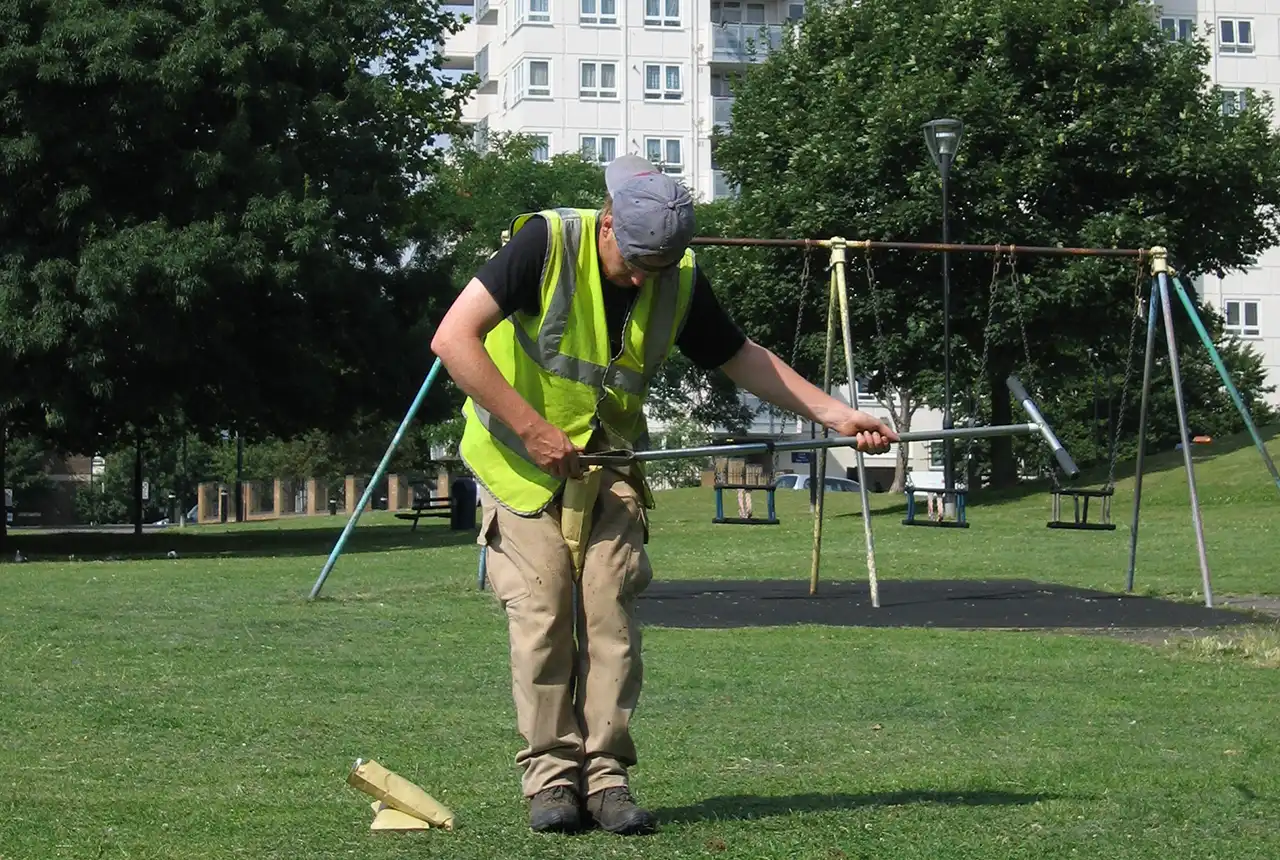
Forty years and counting: new topsoil data provides most extensive snapshot of environmental pollution effects
01/10/2024
Scientists have uncovered clear signs of the impact environmental pollution is having across the country’s soil.
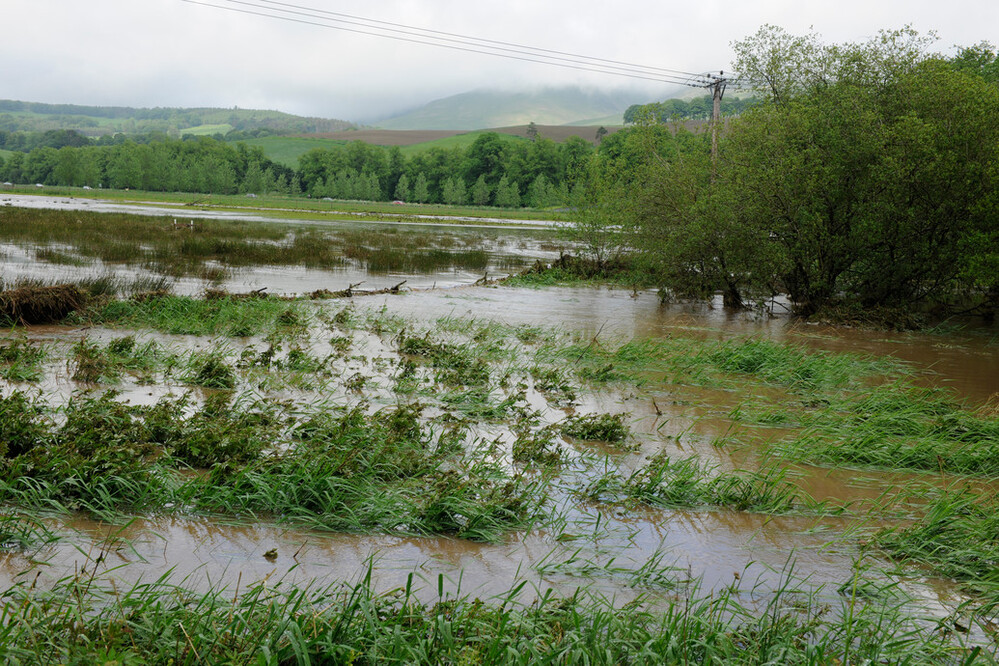
New £38 million project to reduce the impact of floods and droughts
02/09/2024
BGS will take a leading role in efforts to better predict the location and effects of extreme weather events.
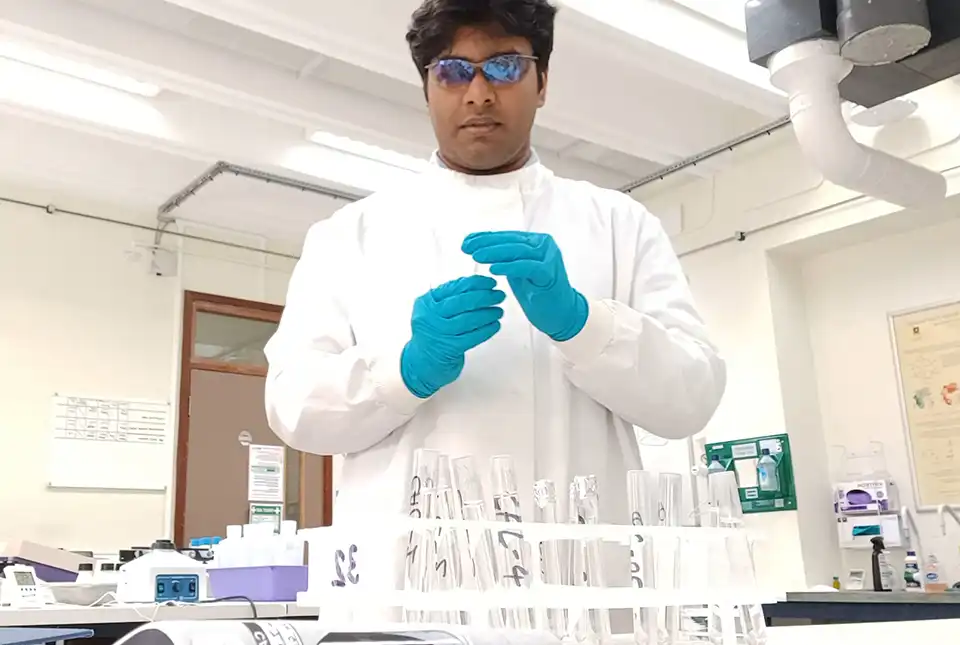
Laboratory life: my work experience week at BGS
20/08/2024
Aspiring astrophysicist Riveen Pehesara Kumanayaka shares his experience following an A-level work placement with BGS.
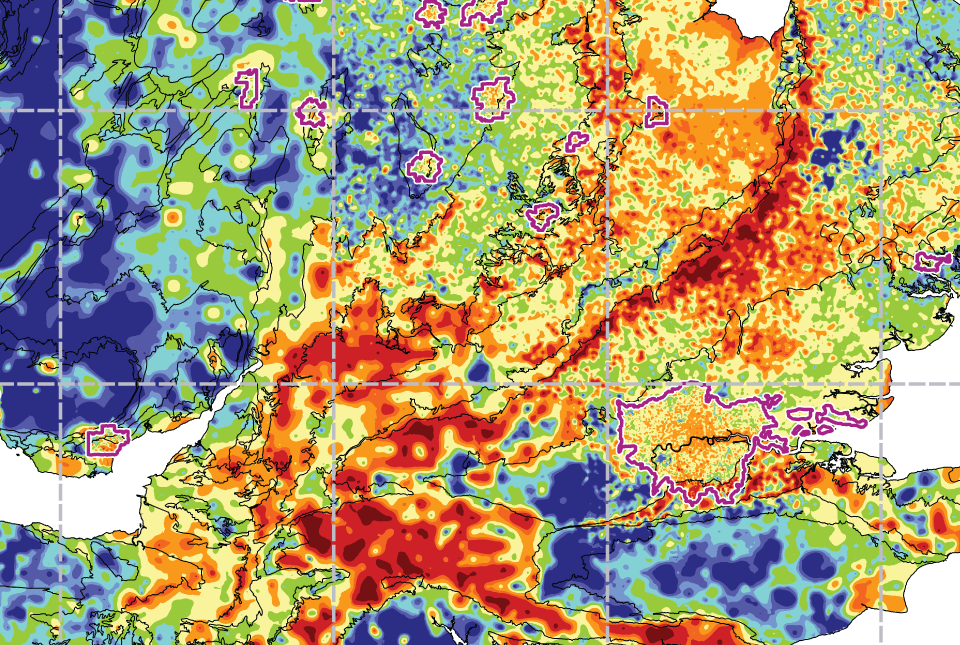
UK: Topsoil geochemistry
The UK Compiled Topsoil Dataset (UKTS), is the most extensive topsoil geochemistry dataset for the UK.
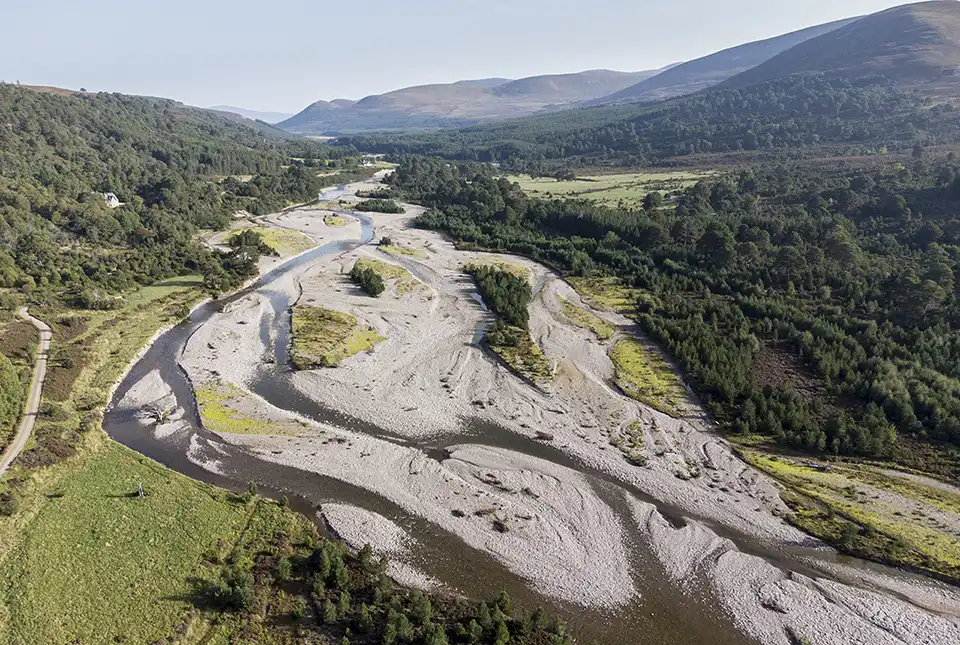
Warnings for Scottish farmers and distillers as new data indicates climate change may double number of droughts
23/07/2024
The agricultural and distilling sectors could face significant challenges after research finds the number of droughts in Scotland may double in the next 25 years.
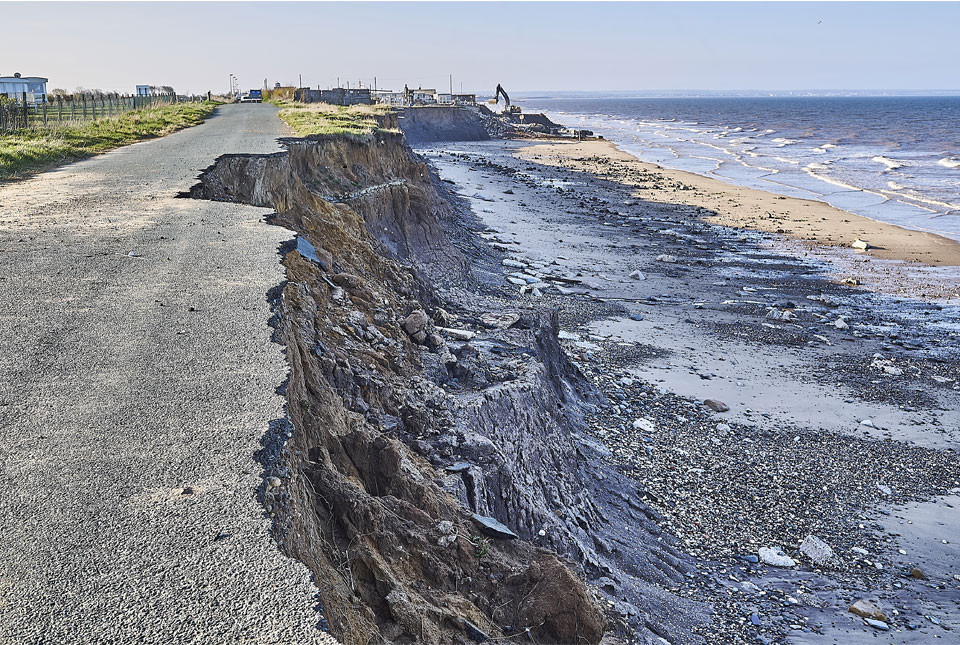
Spotlight on BGS coastal erosion data
18/07/2024
BGS GeoCoast data can support researchers and practitioners facing coastal erosion adaptation challenges along our coastline.
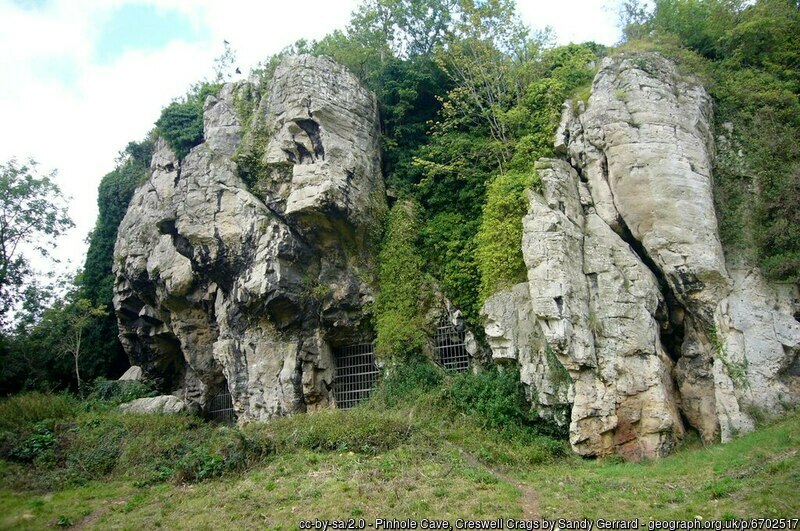
Creswell Crags Museum collections offer insight into the past and future of wolves
12/07/2024
Bones found at the site are helping scientists to understand the diet of wolves and how they differ over time.



